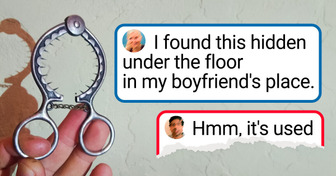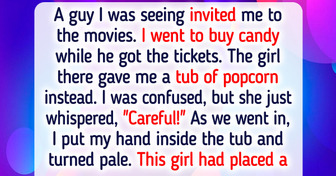18 Discoveries That Are So Unbelievable You Might Need to Sit Down for a Bit

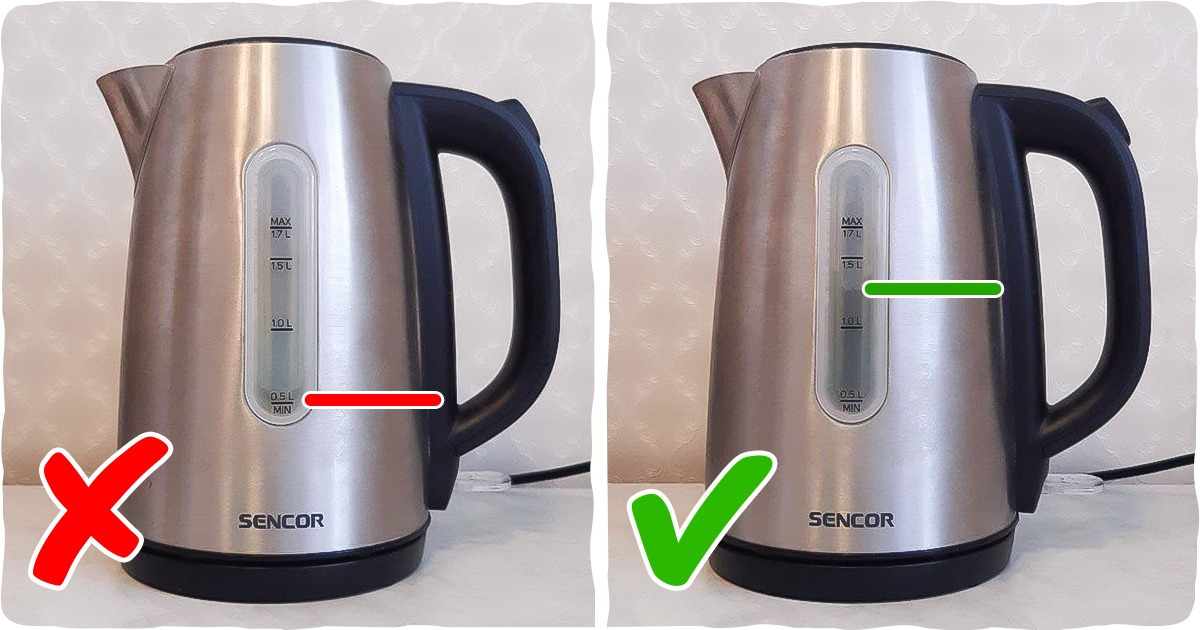
When our devices and appliances start acting out, we often rush to conclusions and blame the manufacturers that, we think, didn’t do everything in their power to avoid this situation. But very often, it’s not their fault, but ours. Some of us not only throw away all the manuals, but we don’t even know how to use devices correctly to make them last long.
We at Now I’ve Seen Everything are convinced that regularly spending money on buying new devices is really silly. It’s much better to learn about the mistakes that break our devices in order not to repeat them.
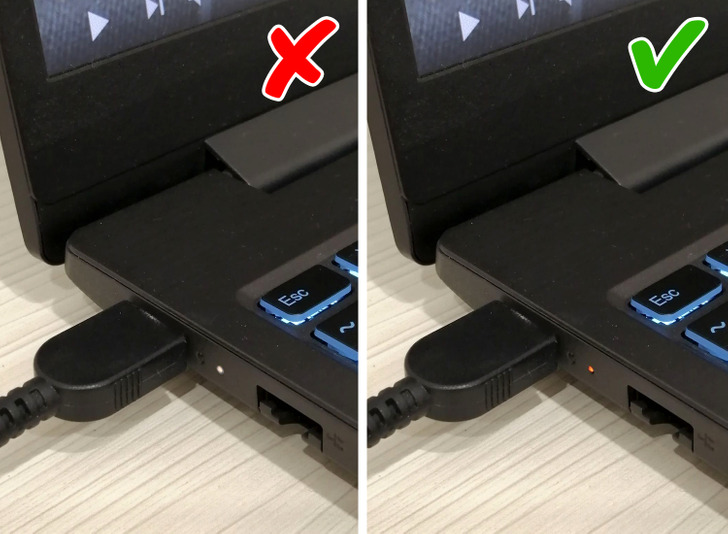
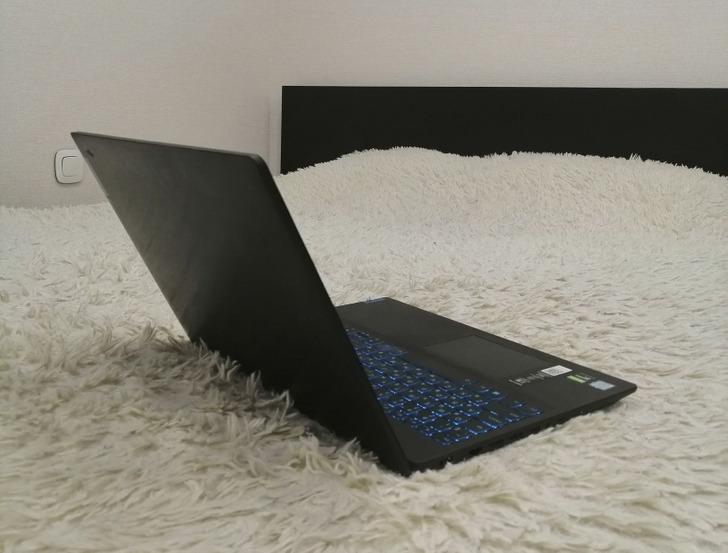
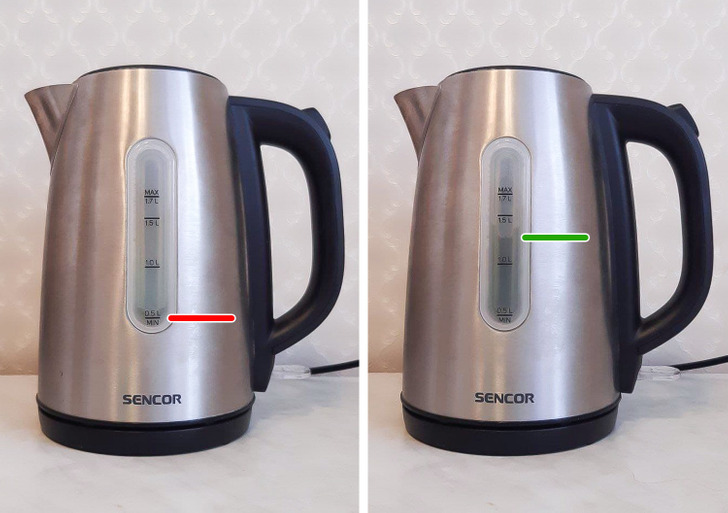
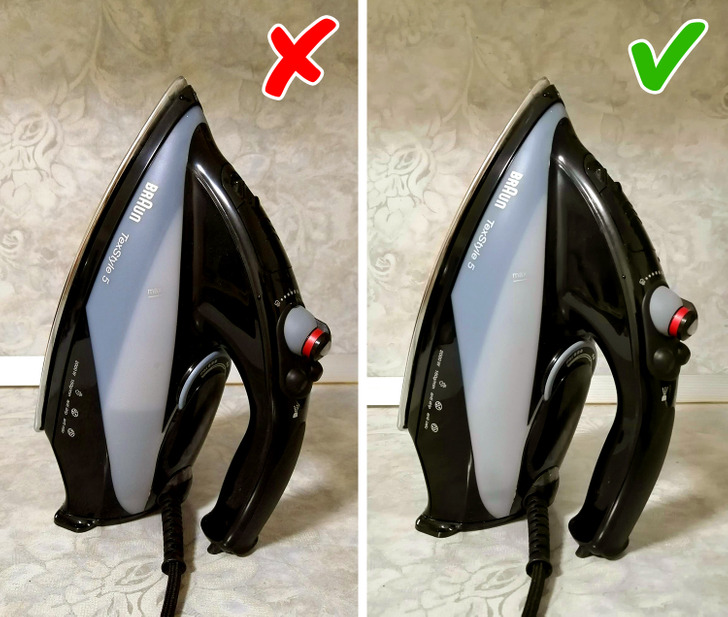
All of us have made many of these mistakes from time to time. For example, the author of this article regularly forgets to add water to the kettle and loves putting their laptop on their lap. What other things can break our devices? Maybe, you have some experience that will help other readers avoid spending a lot of money on having to buy new things.






